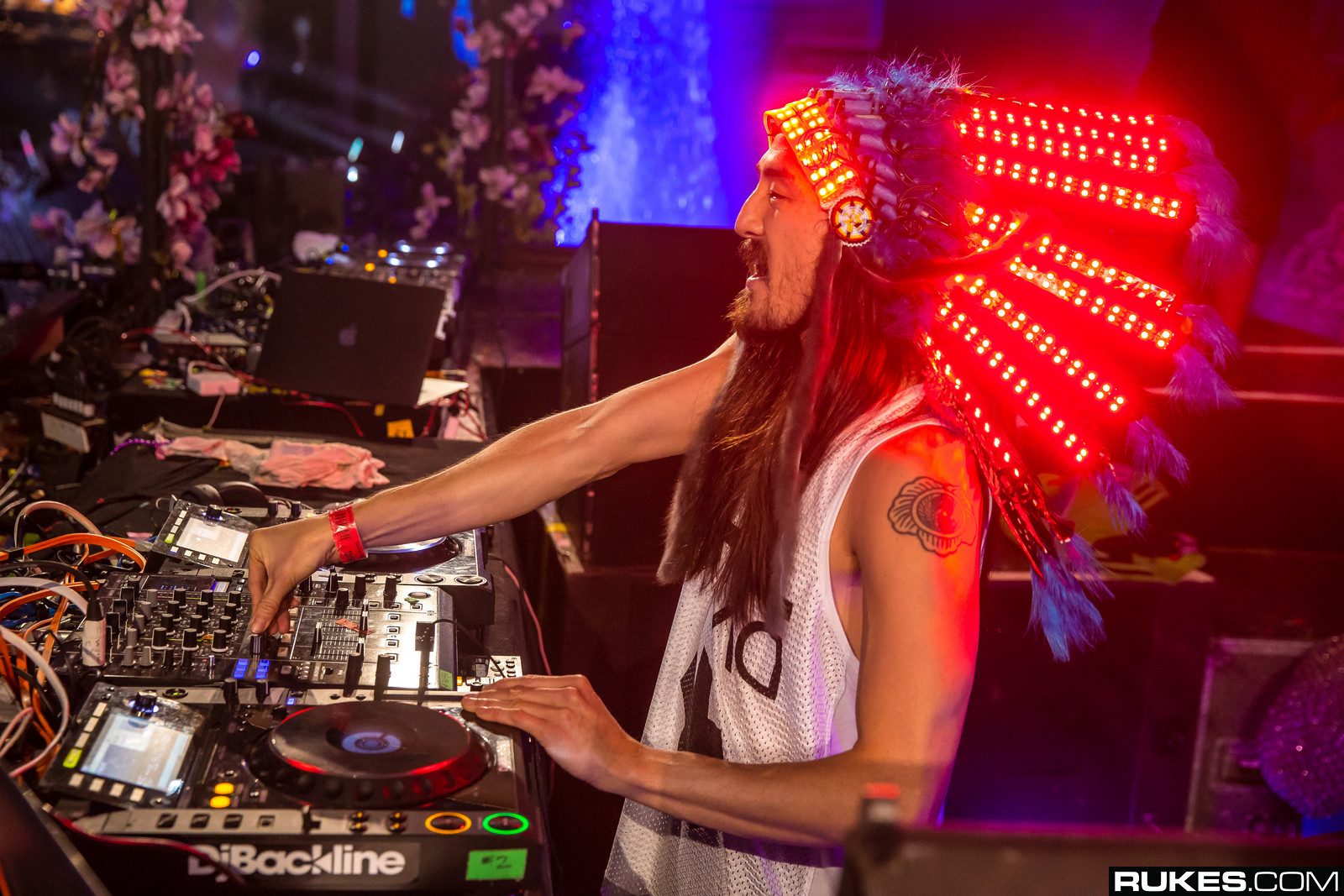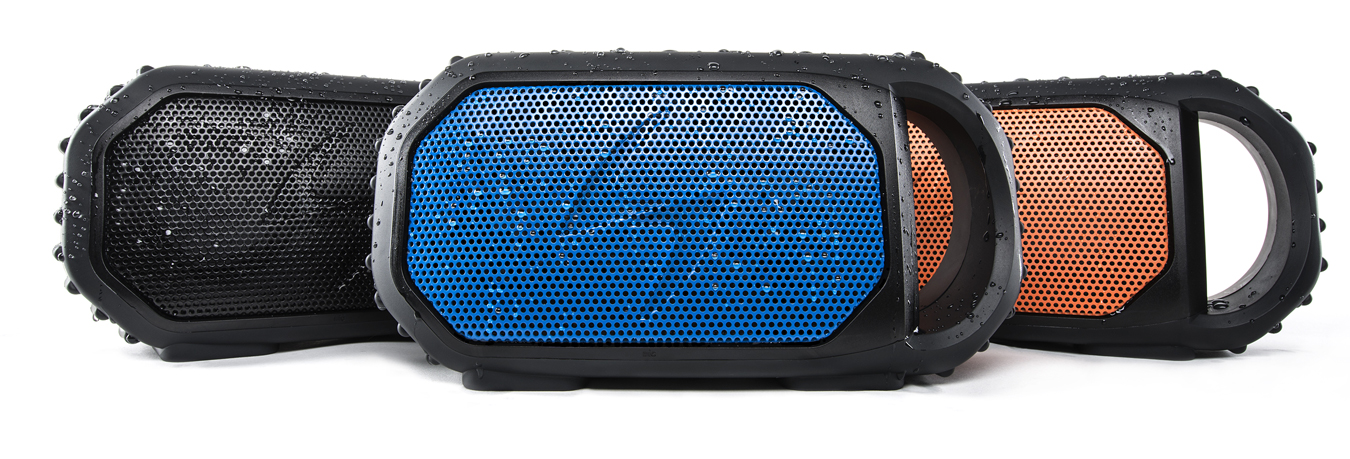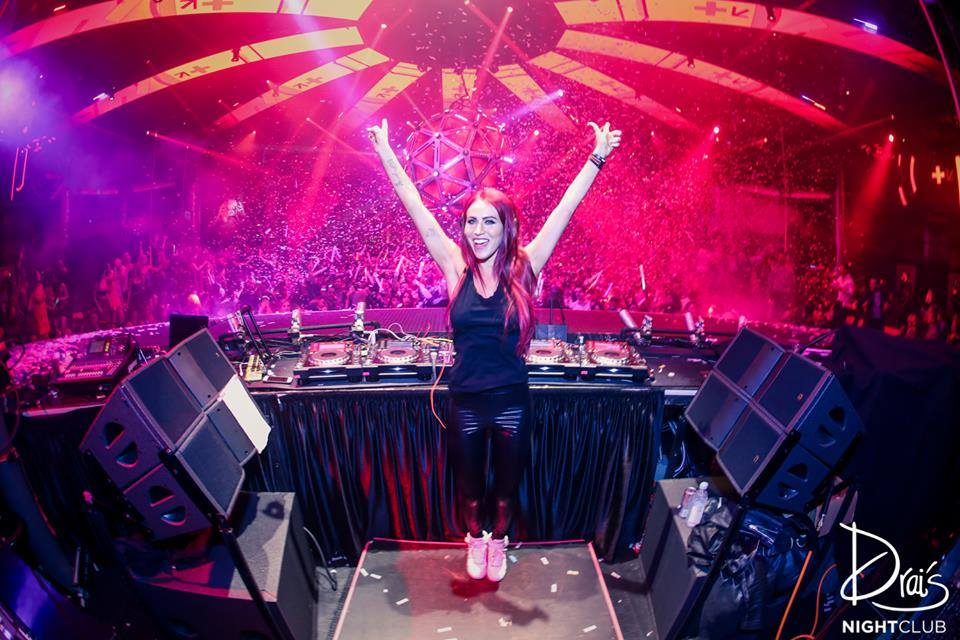Fool me once, shame on you. Fool me twice, shame on me.
Fool me three times? Hold up…something’s not right.
First, we were up in arms about The Chainsmokers bouncing around to their hit track “#SELFIE” on American Idol. Months later, we called for DJ Mustard’s head at the American Music Awards for “fake DJing” during Fergie’s performance. So when I found out Gorgon City would be performing “Go All Night” with Jennifer Hudson on the Dancing With The Stars finale last week, I was nervous.
Just thinking about the performance makes me cringe – Jennifer Hudson bumbling through lyrics and rifts, awkwardly dancing with the crowd as Matt and Kai play instruments behind her, out of the spotlight…such a breakthrough for house music ruined.
But who is actually to blame: is it The Chainsmokers, DJ Mustard, Gorgon City?! Or is it a higher power: American television networks? Consider the facts: The core television viewership for award and reality shows are people ages 18-35, which is about the same age range of most dance music fans. While live TV ratings have been rapidly declining, the demand for DJs and artists is higher than ever, as EDM is now a billion dollar industry. American Idol’s episode with The Chainsmokers only drew in 2.1 million viewers from that key demographic, while “#SELFIE” currently has 263 million YouTube views. If primetime television was going to stay afloat, it needed viral moments. It needed EDM.
It was inevitable, really. Everyone from The X Games, to Bud Light, to Major League Baseball has been trying to cash in, some with massive success. However, much is lost in translation from nightclub to network, which has led to such an uproar over the past few months. In our community, these DJs are sell outs, trading their integrity for a fat paycheck. They’re phonies for standing on stage and twisting knobs, even though we can clearly see there’s nothing turned on.
But did anyone ever consider how illogical it is to DJ on live television?
The average commercial break is about two minutes long. TWO. You’re telling me that a crew would have to connect, power on, and soundcheck a set of decks in less than two minutes? I don’t really see where the cables would plug into that shiny American Idol floor, nor can I see how DJ Mustard could perform while being carted around stage on a float either. Not to mention, I highly doubt a major television network would trust two strangers to be in control of sound levels during a live broadcast to an audience of 2+ million people. Television doesn’t even let people sing the national anthem live anymore.
Now, some could argue that these performers are fools for knowing the gimmick and saying yes anyway, thus sacrificing their artistic integrity; but let’s face it, money and exposure are everything these days. Collaborating with Jennifer Hudson brings Gorgon City into a whole new market, one that takes them from Beatport to Billboard. EDM is still a business, and while some artists would never dare to push another brand or service, those deals pay for the studio time and vocalists to create the tracks we love to hear at festivals.
One might also argue that a network could have put a generator on the float for DJ Mustard’s equipment, or book DJs like Timmy Trumpet who play live instruments during their set. But then you’d be forgetting the most important part of all of this: TV networks don’t actually care about the music. If they did, MTV wouldn’t have made Zedd an “Artist to Watch” months after we heard Clarity. If ABC cared, Gorgon City would have been equally as important as Jennifer Hudson on stage (if not more, because you know, IT’S THEIR SONG). Networks want ratings, they want social media shares and likes on their content, and they don’t care who the artist is as long as they beat the other networks in the numbers game week after week (if it wasn’t The Chainsmokers on American Idol, it might have been Steve Aoki throwing a cake at J.Lo. We dodged a bullet, people).
TV is trying to force DJs into a live performance model that’s unreasonable for the type of performers that they are. If the major networks really want to cash in on EDM, they don’t have to feature the DJs in these embarrassing three-minute “live” segments. There are better approaches, ones that make the network and the artists come out on top. Go back to stunts like 2010, when Deadmau5 was the house DJ for the MTV Video Music Awards. Push more ideas like Alfonso Ribiero’s paso doble to DJ Snake’s “Turn Down For What” on Dancing With The Stars. Continue to feature popular songs and artists like Steve Aoki and Tiesto in the soundtracks of scripted shows like the CW’s Arrow.
To the dance music community, I encourage you to keep an open mind. It’s easy to be a Porter Robinson or a Mat Zo and lead the witch hunt against the sell outs. Though I wonder if anyone had actually done a little research, maybe we would have realized sooner that maybe it’s not the artist’s fault. Consider the idea that TV still doesn’t understand what we’re all about, and are only taking snippets of information from their kids and glorifying the wrong parts of our culture.
So what do you think? Are DJs still sell outs for faking their performances, or are TV Networks killing EDM and making everyone look bad? Let’s get a healthy debate going and see if we can finally change things.









